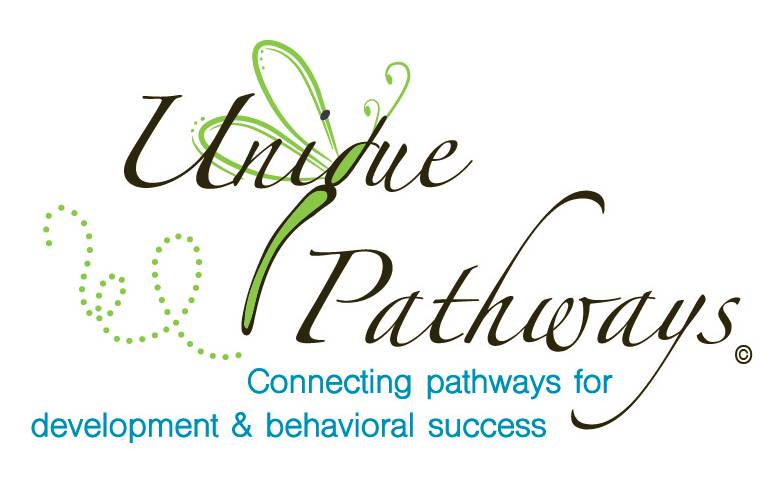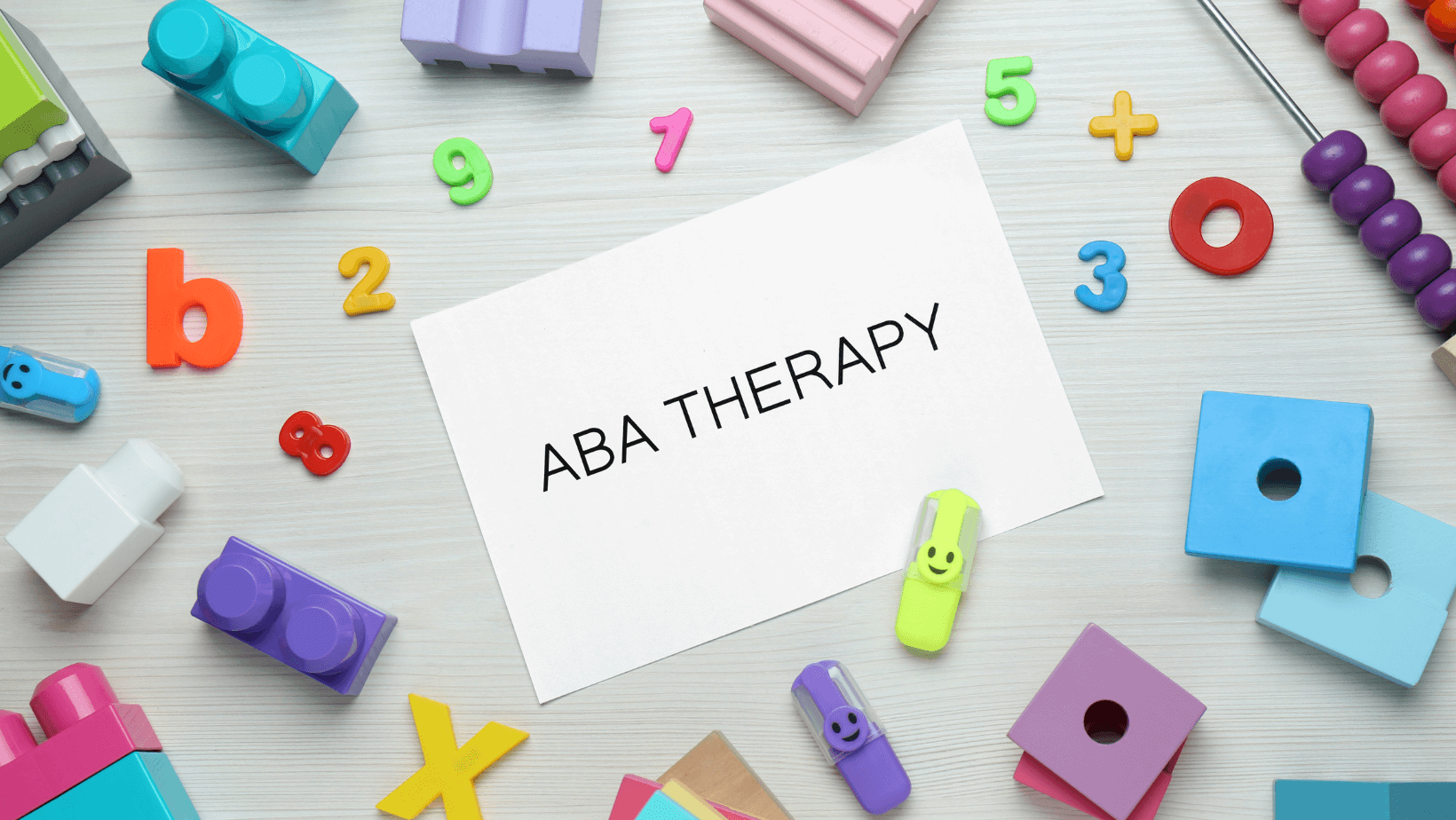Speech and language form the foundation of how we communicate and interact with the world. For children, early mastery of these skills is crucial not only for communication but also for successful social interactions, academic success, and emotional development. Early intervention speech therapy is designed to catch and address any delays or disorders in these areas as soon as possible, ensuring children have the support they need during their critical early learning years.
Early intervention programs are structured to identify and address developmental delays in young children from infancy through age 3. These programs involve speech language pathologists, who work closely with families to develop personalized and measurable goals tailored to each child’s needs. By focusing on key areas such as expressive language, receptive language, and pragmatic language, these programs ensure that each child has the best possible start, laying a solid foundation for lifelong learning and development.
Foundations of Speech Development
Understanding speech development milestones is essential for recognizing when a child might need help. These milestones provide a roadmap of expected progress, such as babbling by 12 months, using single words by 16 months, and combining words by 2 years. Early identification of children who are not meeting these milestones can lead to timely intervention, which is often crucial for effective treatment.
Identifying Early Signs of Speech Delays
Parents and caregivers are usually the first to notice if a child is not developing language skills as expected. Early signs of speech delays might include:
-
Lack of babbling by 15 months.
-
Not using gestures such as pointing or waving by 18 months.
-
Absence of single words by 16 months.
-
Not engaging in simple sentences or not combining words by age 2.
Recognizing these signs early can lead to an assessment by a speech language pathologist, paving the way for necessary intervention to support the child’s development.
Role of Speech Therapists in Early Intervention
Speech language pathologists specializing in early intervention programs are highly trained professionals. They hold advanced degrees in speech and language pathology and are licensed to practice, ensuring they are well-equipped to assess, diagnose, and treat young children with speech-related issues.
A unique aspect of early intervention speech therapy is the collaboration between therapists and families. Speech therapists work closely with parents to integrate therapy goals into daily routines, making learning continuous and natural. This partnership is pivotal in reinforcing language skills and ensuring that children can practice new skills in a variety of settings.

Assessment and Evaluation Process
The journey often begins with initial screening, which may occur in community settings or during pediatric visits. These screenings are brief but critical to identify children who might need a more detailed evaluation.
For children showing signs of speech and language delays, a comprehensive evaluation is necessary. This detailed assessment goes beyond simple screening to analyze various aspects of a child’s speech and language, including comprehension skills, the ability to express ideas, sound production and clarity and the use of language in social contexts.
Common findings might include difficulties with phonological processes, limited vocabulary, or the inability to form sentences appropriate for the child’s age. These insights form the basis for developing targeted, effective intervention plans that support the child’s speech and language acquisition.
Setting Goals for Early Intervention Speech Therapy
Effective early intervention speech therapy begins with establishing SMART (Specific, Measurable, Achievable, Relevant, and Time-bound) goals. These goals ensure that the therapy sessions are focused and tailored to the unique needs of each child. By defining clear, personalized speech and language goals, therapists can better track progress and make adjustments as necessary.
This individualized approach takes into account the child’s specific challenges and strengths, whether they need help with simple sentences, understanding new words, or improving phonological awareness.
Techniques and Strategies for Therapy
A variety of techniques are used in early intervention services to improve speech sound production and enhance language skills. Speech sound production techniques might include exercises to strengthen the muscles in the mouth, practicing specific sounds, or using games to make these exercises more engaging for young children.
Speech and language development strategies could involve structured language activities to expand vocabulary, improve grammar, and enhance comprehension skills. These methods are designed to make learning both effective and enjoyable for children.
Incorporating Play and Activities
Play is an essential component of early intervention speech therapy. It provides a natural, relaxed environment for children to practice new skills. Therapists often use play-based activities to subtly work on speech and language goals, making therapy fun and engaging. For example, if a child loves cars, the therapist might use toy cars and a ramp to encourage phrases like “go car” or “car down” as the car moves down the ramp. This kind of play not only keeps the child engaged but also provides natural opportunities to practice language.
Additionally, integrating speech goals into daily routines, such as mealtime, dressing, or playing helps reinforce the learning and makes it part of the child’s everyday life. This constant exposure helps solidify the skills being taught and supports generalization of these skills to new situations.
Assistive Technologies and Tools
For some children, augmentative and alternative communication (AAC) devices can be invaluable in helping them communicate more effectively. These devices range from simple picture cards to sophisticated speech-generating devices that can be tailored to the child’s abilities and needs.
Speech therapy also increasingly incorporates technology, such as apps designed to facilitate language development and interactive activities. One useful tool is “Speech Blubs,” which uses video modeling and interactive speech exercises to engage children in practicing sounds and words. It provides a fun and interactive way for children to mimic sounds and words, enhancing their articulation skills. These resources provide additional ways to engage children and reinforce learning, allowing them to practice their communication skills in a variety of settings and scenarios.
Parental Involvement and Support
Parental involvement is a cornerstone of successful early intervention speech therapy. By empowering parents as active partners in the therapy process, children can receive consistent support and reinforcement of new skills. Therapists often train parents on how to incorporate speech and language goals into everyday interactions and provide them with the tools and knowledge necessary to be effective co-therapists at home. This might include simple strategies such as how to prompt their child to use new words or how to structure playtime to encourage language use.
Strategies for reinforcing therapy goals at home are tailored to fit into the family’s daily routine, making it easy for parents to help their child practice. For example, during meal times, parents might encourage their child to name each food item or describe its color, shape, and size. During reading sessions, parents can pause and ask the child questions about the story to practice comprehension and expressive language skills. Simple interactive games like “I spy” can also be effective for practicing specific sounds and words in a fun, low-pressure setting.
Overcoming Challenges in Early Intervention
Overcoming communication barriers involves recognizing and adapting to each child’s unique needs. For children with speech and language delays, this might involve the use of AAC devices or visual aids to support understanding and expression. Therapists also work closely with parents to ensure these tools are used consistently at home, enhancing the child’s ability to communicate effectively.
Dealing with frustration and setbacks is part of the journey in speech therapy. Therapists help parents and children develop coping strategies, such as taking breaks when needed or using calming techniques like deep breathing. Recognizing small victories and maintaining a positive, encouraging environment is essential to keeping children motivated and engaged. It’s important to understand that progress might be slow and that patience and persistence are key.

Progress Monitoring and Adjustments
Regular progress monitoring is vital to the success of early intervention speech therapy. Therapists often use a variety of assessment tools to measure the child’s advancements and determine whether the current therapy strategies are effective. This continuous evaluation helps ensure that the therapy meets the child’s evolving needs.
Modifying Therapy Plans as Needed
Based on the outcomes of these assessments, therapy plans may need to be adjusted. If a child is not progressing as expected, or if they have mastered certain skills quicker than anticipated, the therapist will revise the goals and methods accordingly. This might include introducing more complex language tasks, adjusting the frequency of sessions, or incorporating new activities designed to challenge and stimulate the child’s speech and language development.
Transitioning from Early Intervention to School-Age Services
As children move from early intervention programs to school-age services, ensuring continuity of care is crucial. This transition involves careful planning and coordination between the early intervention team and the incoming school-based professionals. The goal is to maintain a seamless support system that adapts to the child’s developing needs. Parents can facilitate this process by actively participating in transition meetings and sharing insights about their child’s strengths, challenges, and effective strategies used in early intervention.
Advocating for continued support through school services is also important. Parents, often guided by their early intervention therapists, can learn how to navigate the educational system to ensure their child receives the necessary speech and language services. This might involve understanding the rights under the Individuals with Disabilities Education Act (IDEA), preparing for Individualized Education Program (IEP) meetings, and collaborating with school staff to set appropriate and effective speech therapy goals.
Celebrating Milestones and Achievements
Celebrating milestones and achievements serves as a powerful motivator for children and their families. Recognizing even the small steps forward like using a new word correctly or mastering a sound can boost a child’s confidence and enthusiasm for learning. Therapists often help parents set up a system of rewards and positive reinforcement that acknowledges these successes, making the therapy journey enjoyable and fulfilling.
Encouraging ongoing growth is vital as each achievement paves the way for new challenges. Therapists and parents can help children set new goals that build on their current abilities, continually expanding their language and communication skills. This approach keeps the therapy process dynamic and progressive, adapting to the child’s growth and changing needs.
Financial and Insurance Considerations
Navigating the financial aspects of speech therapy is important for families. Many insurance plans cover speech therapy, but the extent of coverage can vary widely. Parents should contact their insurance provider to understand what services are covered, any associated copays, and whether a referral or diagnosis is needed. Some plans may also have limits on the number of sessions per year, which is crucial information for planning ongoing therapy.
For families needing additional support, various financial assistance programs may be available. These can include state-funded programs, grants from non-profit organizations, and community resources that offer subsidized or sliding-scale payment options. Therapists or social workers in the early intervention program can often provide guidance on these resources, helping families access the support they need to continue speech therapy without financial strain.
Summary of Key Takeaways
As we’ve explored the journey of early intervention speech therapy, it’s clear that the proactive steps taken in the early years can set the stage for lifelong communication success. From setting personalized goals and utilizing engaging therapy techniques to fostering strong parental involvement and navigating the transition to school-age services, every aspect of early intervention is geared towards empowering children to reach their full potential.
Celebrate every milestone, advocate passionately for your child’s needs, and remember that each small step forward is a leap towards future achievements in communication. Let’s give every child the voice they deserve!







